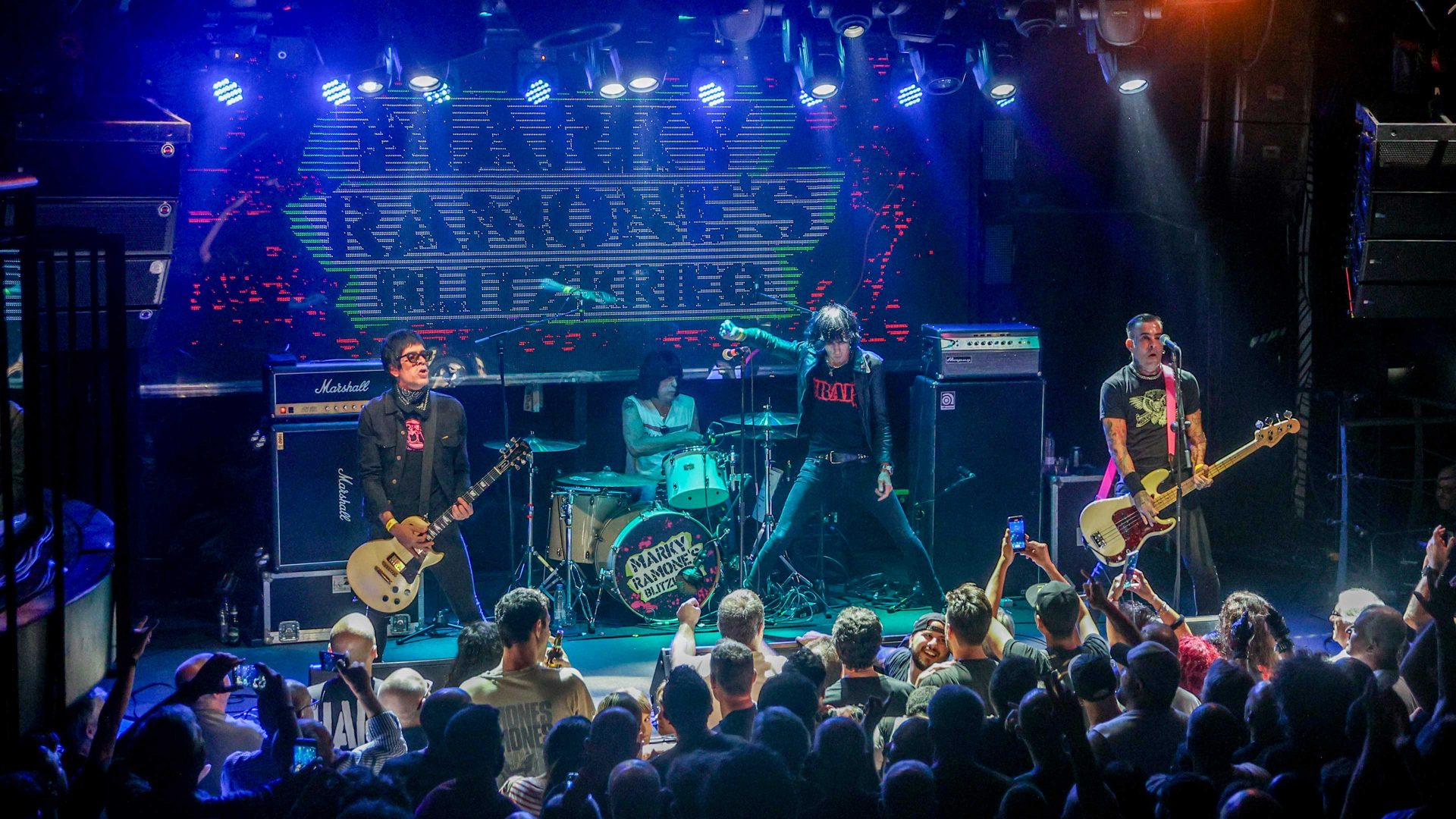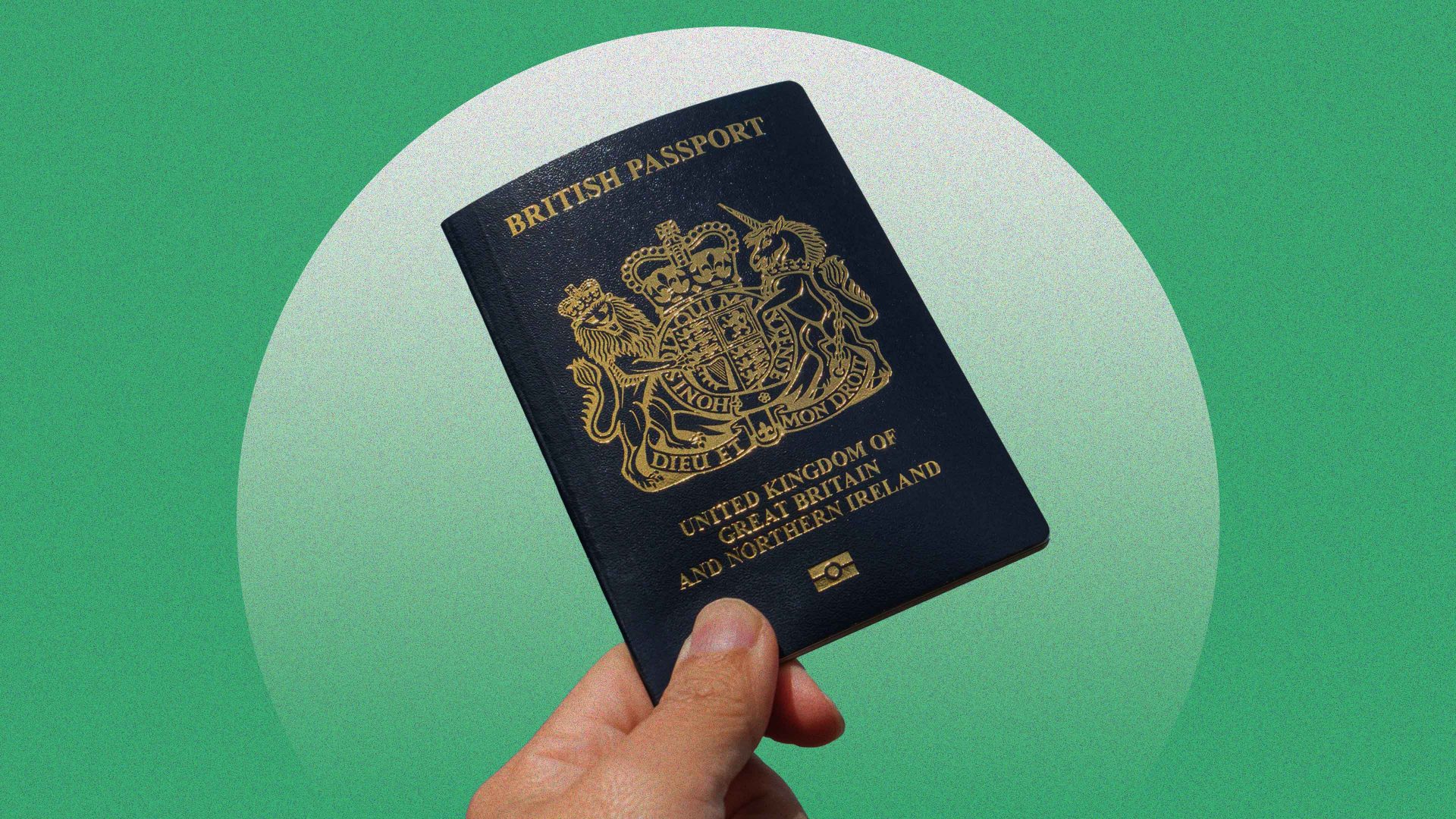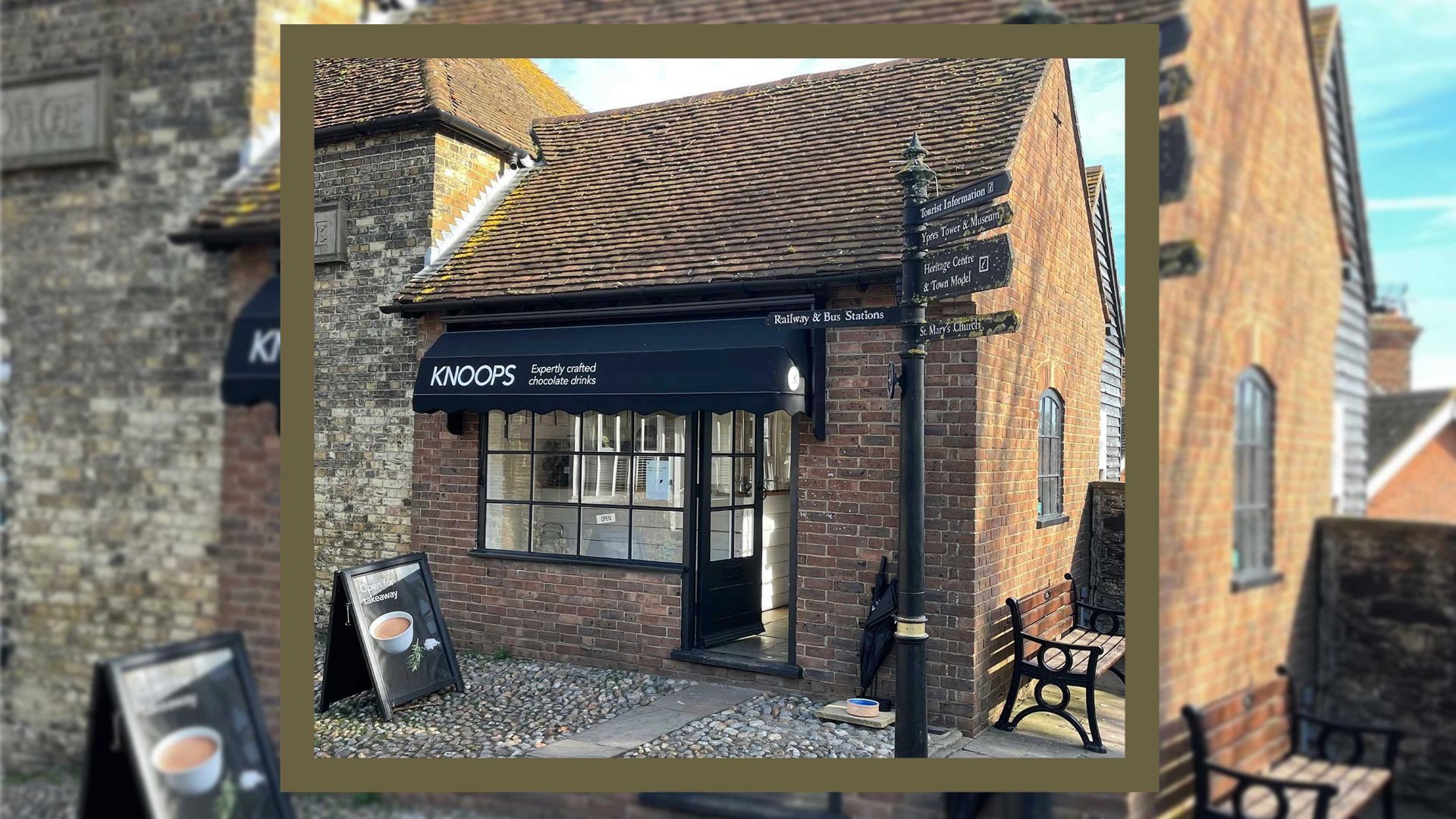The last concert by the Sex Pistols took place in the Basque Country in 2008. This is surprising as the London punks were never big in Spain. Legendary music promoter Gay Mercader (his uncle was Trotsky’s assassin while one of his aunts married Italian film-maker Vittorio De Sica) booked them to play Spain for the first time as part of the Filthy Lucre reunion tour in 1996, but the concert was cancelled due to poor ticket sales.
New York punks the Ramones, by contrast, are household names. With the four founding members dead, veteran drummer Marky Ramone (drafted in to replace Tommy Ramone in 1978) keeps the legacy alive with hired hands. They just completed a 24-date Spanish tour.
I caught Marky Ramone’s Blitzkrieg in Madrid’s Malasaña, the neighbourhood where Pedro Almodóvar’s early films are set. The Clash’s Joe Strummer held court here when he briefly lived in the Spanish capital. Things happen in Madrid that, for better or worse, might seem like ancient history in Paris, London, or Berlin: bullfighting, stage diving, young people attending the theatre en masse. Making my way by foot from Las Ventas bullring where Miguel Ángel Perera has been reflecting on his 20-year career as a matador, I met with my Valencian-born colleague Vicente to enter the 1,000 capacity Sala Paqui. An art-deco theatre, it couldn’t really compete with the venue at which Vicente last saw Marky and his crew: the Forte Prenestino, a historic fort in Rome.
Inside the cramped space, we drank €5 beers out of glass bottles (no plastic here) amid a euphoric multi-generational audience. Bands that played Spain in the heady aftermath of Franco’s death in 1975 have been rewarded with remarkable loyalty.
After enticing the Rolling Stones to play their debut Spanish concert at Barcelona’s bullring in 1976, Mercader established himself as the country’s first world-class rock promoter. The obvious assumption is that rock’n’roll was banned during the Franco dictatorship. This isn’t in fact the case: the Beatles played in the 1960s, largely as a result of manager Brian Epstein’s erotic fixation with bullfighters.
The problems involved in playing Spain were more practical than political: young people had less disposable income than elsewhere in Europe; wiring for electric instruments was not safe; and there were limits on the number of pesetas that could be taken out of the country. Dr Feelgood got round the latter problem when their manager’s parents bought a holiday home in Almería next door to a melon exporter able to launder money out of the country for the Canvey Island pub rockers.
Not all of Spain’s problems were solved with Franco’s death. With birth rates having peaked in the early 1960s and unemployment on the rise, retired academic and Marxist Enrique Tierno Galván adopted a policy of licensed hedonism as mayor of Madrid from 1979 until his death in 1986. He couldn’t provide teenagers with jobs, but he could help them have a good time. Subsidies for concerts alongside the decriminalisation of even class-A drugs suddenly made Spain an attractive destination for touring musicians, with some of the most enthusiastic audiences in the world.
The Ramones made their Spanish debut at a bullring in Madrid in 1980. In the words of my friend, Julián Hernández, lead singer of Galician punk rockers Siniestro Total: “That concert changed the history of popular music in Spain. They were like comic book characters come to life, depicting the US with thrillingly great songs”.
The Ramones songbook stands the test of time. Marky Ramone’s Blitzkrieg may be a glorified tribute band, but who cares when the all-killer, no filler repertoire – 38 songs in 75 minutes – is so good. Punk was always as much about the audience as the musicians on stage.
Witnessing whole families singing along to Sheena Is a Punk Rocker or The KKK Took My Baby Away in heavily accented English, while 50-year-olds and teenagers clambered on stage with beer bottles in hand is hardly a typical Tuesday night out, but it was a strangely moving tribute to both New York punk and democracy Spanish style.
Duncan Wheeler is an author and professor of Spanish studies at Leeds University



